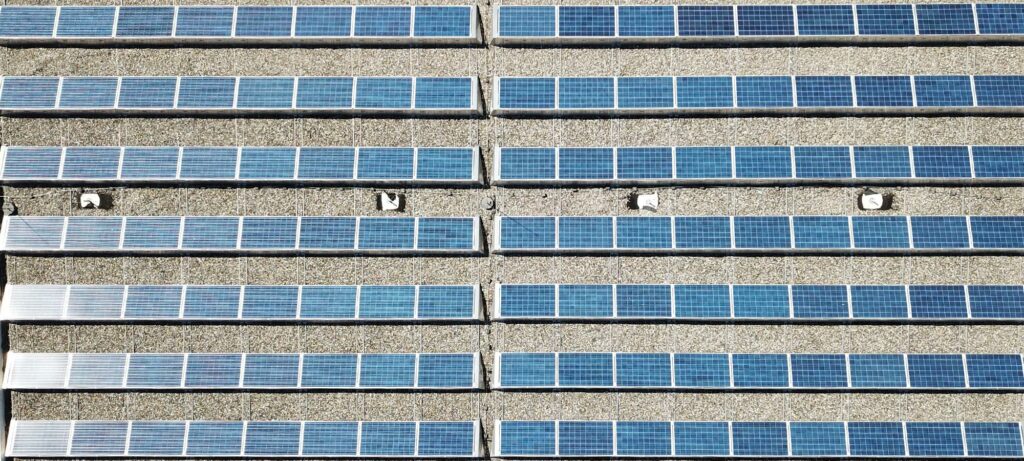Decentralized energy systems
Decentralized, renewable energy systems for the supply of electricity and heat play a key role in achieving climate protection targets. More than thirty percent of the electricity demand in Rhineland-Palatinate is covered emission-free by photovoltaics, wind energy, biomass and hydropower.
In the heating sector, solar thermal energy, biomass, geothermal energy and combined heat and power plants can secure around eleven percent of the supply. The decentralized energy supply sector in Rhineland-Palatinate is supported by more than 10,000 employees in almost 1,500 companies.
Seven degree programs have already been established at the country’s universities and colleges that focus entirely on training young people in renewable energies.
Renewable energy systems are ideal for a regional, decentralized energy supply. Photovoltaics, wind energy, bioenergy and hydropower have been contributing to the power supply in Rhineland-Palatinate for many years.
Despite difficult external circumstances and political conditions, the renewable electricity generation sector has been able to stabilize and grow again in recent years.
In the medium term, there is no way around the expansion of renewable energy systems to achieve the climate targets. Due to their emission-free operation and the sharp drop in construction and operating costs, the expansion of renewable energy generation plants must be driven forward in all sectors.
This will enable Rhineland-Palatinate to play a leading role in the energy transition in Germany in the long term and use the expertise it has built up to intensify the exchange of know-how both nationally and internationally.

